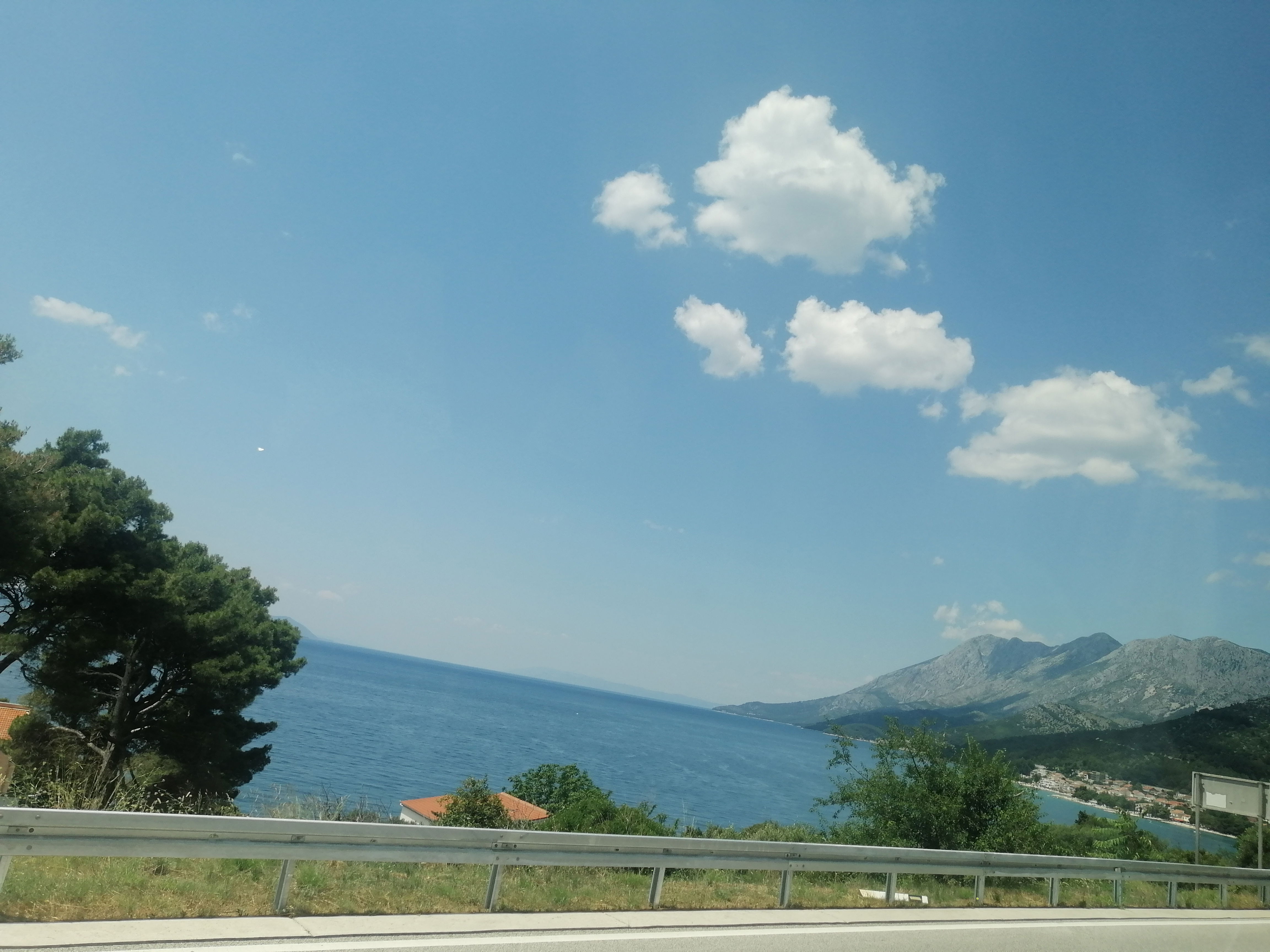The Promising Potential of Coastal Tourism for Indonesia's Economic Advancement
Suara Keheningan | RP. Inosensius Ino, O.CarmThe tourism sector can be the most crucial factor in the progress of the community's economy if supported by awareness and cooperation from all parties. People need to be creative and brave in promoting local culture, nature, and cuisine through literacy. | Ino Sigaze
Indonesia's marine economy holds vast potential and opportunities. While discussions about economic progress often revolve around the potential of coastal regions, capturing and sharing coastal scenery on social media alone cannot fully realize the economic potential of the maritime sector. This article aims to explore the reasons why the tourism sector stands out as the most promising avenue for the economic development of coastal regions. Here are some key points:
1. The Tourism Sector Easily Blends with Culture and Natural Wealth
The tourism sector is promising because the preferences of both domestic and international visitors often lean towards coastal areas. Coastal regions, with their beaches and seashores, possess natural potential that can be creatively combined with other assets to make them more attractive and enchanting.
Indonesia's incredibly beautiful natural resources serve as a fundamental asset, providing a compelling reason to discuss strategies for making Indonesia popular both domestically and internationally. The concept of hybridity is appealing and holds significant potential for enlivening coastal economies. Reflecting on my experience at the port of Split, Croatia, I was reminded of the creativity of communities in showcasing their cultural uniqueness in coastal areas. For instance, the Croatian community is accustomed to presenting native songs, royal attire, and picturesque buildings along the Split coastline.
It's evident that people eagerly compete to take photos and create memories along the coastline near the Split port. In the relationship between tourism and culture, Indonesia appears richer in cultural diversity compared to some European countries. Indonesia's cultural diversity feels more unique than the sometimes monotonous and dull modern cultural heritage seen in certain European nations.
2. Tourism Sector Intrinsically Connected to Stories of Local Cuisine
Countries renowned for tourism often have a close association with their distinctive cuisines. Indonesia, being a Southeast Asian nation, boasts a rich array of local cuisines.
This is especially true when encountering local cuisines with histories and traditions still vibrant today. For example, during my visit to the Mauloo coast in Flores, I interacted with local mothers who shared stories about the traditional "Were and Mberse" fish catch. Were and Mberse have become signature dishes in this region.
Unfortunately, this uniqueness has not been effectively integrated into tourism with a well-thought-out and mature concept, leaving the echo regarding the self-sufficiency of the marine economy somewhat weak. In discussions with the local village head (Kades), I emphasized the need for allocating funds for the development of coastal areas as night markets with organized parks and stalls for selling local cuisines such as Were and Mberse.
The ongoing construction towards the self-sufficiency of the coastal economy has begun with the construction of a seawall to withstand the waves of the southern sea. This seawall area will become a fishing spot for anyone who enjoys fishing while relaxing and savoring local cuisines by the seaside.
3. The Tourism Sector with the Concept of Integrating Other Potentials Easily Attracts People
People everywhere enjoy entertainment. In general, Indonesian society enjoys entertainment, shopping, eating, and photography. These potentials can be combined into a unified coastal tourism concept, especially since many cultures appreciate music, entertainment, and dance.
For example, a recent experiment gauged local interest in night markets and entertainment. Two vendors brought electronic goods, light bulbs, and other items. They obtained permission from the local village and started playing music, singing, and commenting with a loudspeaker. Half an hour later, people arrived and started shopping. Unfortunately, this experiment was not complete, but I believe that if the concept is combined with the sale of local cuisines, more people will be attracted and stay longer.
Gathering a large number of people and providing essential goods is a starting point for discussing the coastal economy with tourism as its focal point. In conclusion, the tourism sector is indeed the most promising and can significantly bring about economic changes for communities. The coastal economy, with tourism as its foundation, can be easily realized without requiring substantial financial investments.
Nevertheless, understanding tourism with the concept of cultural integration, natural beauty, and local cuisine needs to be socialized among the public. The logic is simple: if coastal communities better understand the connection between tourism and their culture and traditions, the interest of many visitors will increase, bringing blessings to them.
As more people realize that tourism is about a gathering of those who enjoy eating, shopping, and taking photos, they will become creative in providing local foods and other distinctive items for sale. The self-sufficiency of coastal community economies heavily depends on their creativity in seizing opportunities based on the existing potential of the tourism sector. The more they embrace hybrid concepts and local uniqueness, the more economically attractive and advanced the coastal tourism sector will become.
Mageria, Ino, November 19, 2023.



